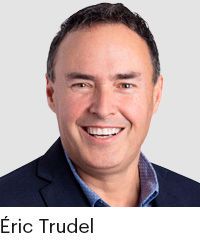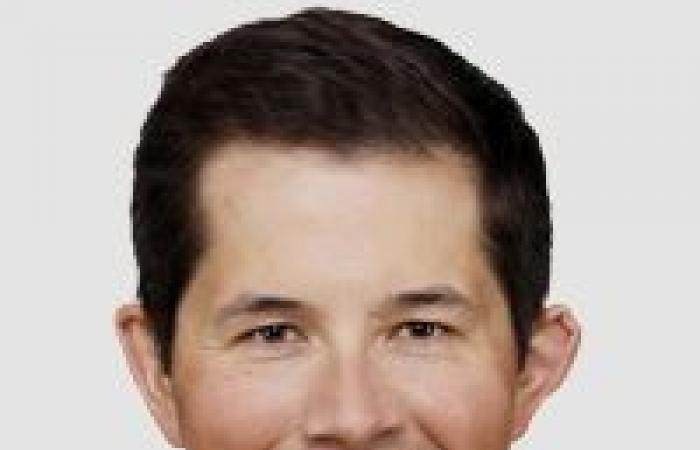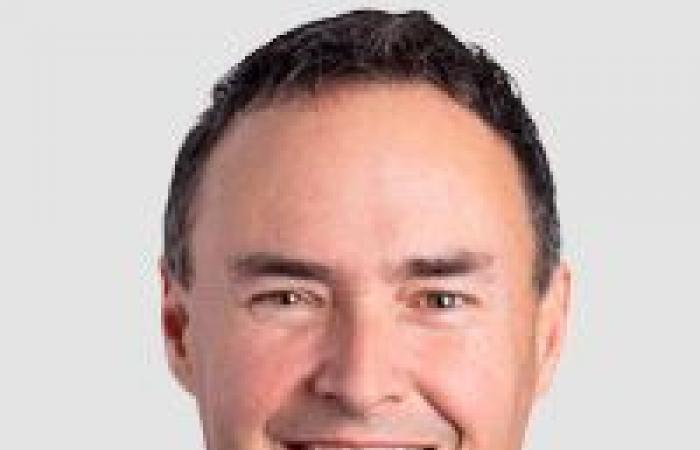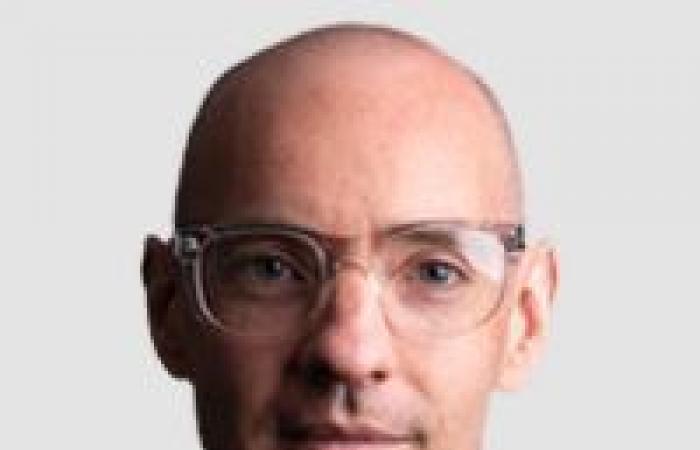The phenomenon of medical disinformation is gaining momentum. In the insurance sector, it manifests itself anecdotally through complaints linked to popular treatments on Tiktok.
We see in the industry that many Canadians follow medical advice found online. These advice sometimes contradicts those of their doctor, and have negative repercussions on their health.
L’Canadian medical association (AMC) began to measure these repercussions. Its data reveals that an increasing number of Canadians are exposed to health disinformation, with significant consequences.
Shortage of doctors

A survey of 3,727 Canadian adults, carried out for the AMC per Abacus Data As part of the second edition of the annual health and media monitoring (2025), reveals that 37 % of respondents have no choice but to turn to the Internet to obtain medical information, for lack of access to a doctor.
Four in ten respondents claim to have followed medical advice found online. One in three applied them as a priority compared to the recommendations of his doctor, and 23 % say they had a negative reaction after having followed this tips.
“And these are only those who agree to admit it,” said David Colettochief executive officer of Abacus Data.
In addition, one Canadian out of four under the age of 30 claims that its main source of information is Tiktok.
The survey also measures the tendency to avoid news: Abacus notes an increase of four percentage points of respondents who say they completely avoid news. In medical matters, four out of ten Canadians say they do not trust their ability to find exact information.
Upward anxiety

Health -related disinformation has caused mental distress or increased anxiety, estimate 43 % of respondents. It also led to a drop in confidence in health professionals in 41 % of respondents, and 38 % say they have delayed treatments.
The survey also evaluated the sources of information deemed reliable. For 56 % of respondents, the author of the information is a determining indicator of his credibility.
“There are more and more players mobilized to disseminate credible information to the general public,” said the DRE Theresa therechief administrator of the Canada Public Healthduring a discussion panel on the results of the AMC survey. “It is essential, but as the informational ecosystem, our efforts remain fragmented. »»
Concerned insurers
Even if the report does not directly deal with the role of insurers, two collective insurers questioned by the Insurance portal Confirm that medical disinformation represents a concern to which the sector can actively contribute.
Collective insurance has a role to play in raising awareness and promoting information based on scientific data – Éric Trudel
“Collective insurance has a role to play in raising awareness and promoting information based on scientific data,” said Éric Trudelexecutive vice-president and group insurance leader at Watery. “We work in trio in group insurance: the insurer, the advisor and the promoter of the regime. As with everything, you have to collaborate, and I think we are doing it more and more. »»
For example, major regime promoters will want to contact their employees using insurers produced by insurers. Right now, subjects such as mental health or menopause are topical. Mr. Trudel specifies that Beneva also works on anxiety (she finances the Research chair in mental health, self -management and work, powered by Beneva), migraines, attention deficit disorder with or without hyperactivity (more common in adults than in children) and hepatic steatosis.

Subjects such as support for drug treatments could also be discussed. In the future, discussions could include drugs for diabetes such asOzempic and the Wegovymore and more used to treat obesity.
Éric Trudel adds that if a diet promoter finds increased use of anxiety drugs, this can be addressed by information campaigns. Similarly, if a large number of disability cases are linked to low back pain, the insurer can report it, and the employer can act accordingly with its employees to treat the underlying causes.
To support his regime promoters, Beneva also publishes a bulletin dealing with current trends in the cost of prescription drugs, highlighting the key factors that influence their trajectory. The company has observed an annual increase of 34 % of services paid for high -cost drugs in the past three years. It manages this growth using pharmaceutical agreements, prior authorization and biosimilary reproductive programs.
Motivate insured

Chez Manuvie, Doug Brycevice-president of collective guarantees for Manuvie Canada, indicates that the company also offers its members and promoters of information regime validated on various health subjects. She also concluded a partnership with the program Aéroplan allowing diet members to accumulate points related to health activities.
“We can motivate our members to explore health information validated by experts to support them in their journey towards well-being,” he said.
Among the two insurers, strategic partnerships add credibility to the information provided. Manuvia notably concluded an agreement with Cleveland Clinicwhich now acts as medical director of the insurer. On the side of Beneva, Telus Health feeds its employee assistance program.
We go from a transactional role of payer for complaints to that of health partner – Doug Bryce
“We believe that insurers have a role to play in the fight against medical disinformation,” says Bryce. “We go from a transactional role of payer for complaints to that of health partner for our members and regime promoters. A key element of this transformation is to provide members with tools and resources to improve their health results. »»
Counter disinformation

AMC researchers noted an increase in nine percentage points, from one year to the next, respondents who believe that better access to medical information would help counter disinformation.
The problem is that disinformation authors are often more effective than us to spread their message – Craig Silverman
Journalist at Propublica and disinformation expert, Craig Silverman However, warns that the volume of false information is such that the efforts to counter it must be just as massive. “You have to saturate reliable information,” he says. “The problem is that the authors of disinformation are often more effective than us to disseminate their message. They are very motivated, he adds. “And if you are not so much, you will not be able to convince as well as them. »»
Discover stake
People have no choice but to share bad information – Angela Pacienza
Beyond disinformation, the editor-in-chief of Globe and Mailand participant in the discussion panel on the results of the AMC survey, Angela Patienceunderlines an important problem of discovering in Canada: social networks block the news links and shared information in groups. “People have no choice but to share bad information,” she says.

The consequences are serious, add the panelists. They range from patients who refuse vaccinated blood to cancer patients who refuse their treatments, believing that they are causing cancer themselves.
Why should insurers worry about the issue? The AMC survey reveals that a large number of Canadians are very vulnerable to disinformation: 43 % are considered highly vulnerable, and another 35 % as moderately vulnerable.
“Our mission at Manuvie is to help our members live longer, in better health and with a better quality of life. Everything that contradicts this mission deeply concerns us, ”says Doug Bryce.
“In a short time, we went from a landscape with some reliable sources to a fragmented ecosystem, divided into echo chambers guided by preferences and personal biases, fueled by opaque algorithms and marked by polarization,” summarizes the AMC.
AMC says it is concerned about the fact that social networks algorithms, designed to stimulate commitment, promote disinformation dissemination, whether or not. “As this study shows, which is good for the profits of technos giants is not necessarily so for the health of Canadians. »»












